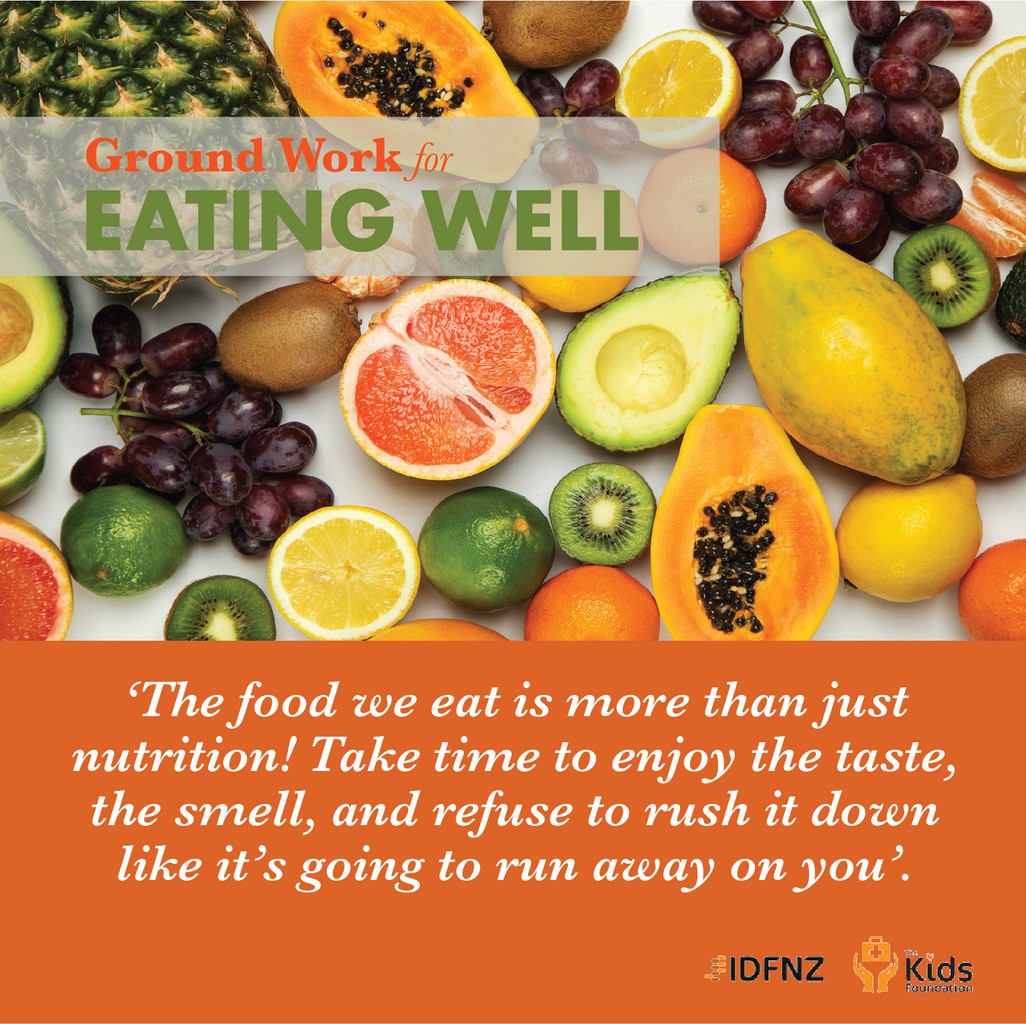Ground Work for Eating Well PT.1
Mon Jan. 2nd 2023

"The food we eat is more than just nutrition! Take time to enjoy the taste, the smell, and refuse to rush it down like its going to run away from you"
Ground Work for Eating Well
Nearly every day we hear new dietary advice. Whether it be from a magazine, a friend over coffee, or a well-meaning ‘expert’ in the aisle of the supermarket! Fats, gluten, dairy, sugars, gut health, omega 3s - it can be overwhelming. You can be forgiven for thinking it seems impossible to keep up with which foods benefit us nutritionally, and those that may harm our overall health.
Every individual must weigh up the plethora of health advice available to them. When considering those with immune disorders, there isn’t a ‘one diet fits all’ approach.
Diet alone may not provide immediate or sustained improvements to one’s overall health, but it can play a significant role in managing symptoms, supporting immunity and providing an overall sense of well-being.
Rather than having a ‘good foods’ vs ‘bad foods’ list - some of the following ideas may help to introduce simple, yet key ideas to keep you focused on overall health, and eating well in general. Just remember you don’t need to implement them all at once. Instead, you may want to add these changes into your life over time.
Eating Together
It can be really difficult to find time for healthy sit-down meals at home. As schedules clash, there are numerous appointments, practices, meetings and work commitments - it seems a lost cause planning a meal that everyone can enjoy around the table together. All of this said, it doesn‘t lessen the importance of eating well - together - even if it’s just a few times a week. The benefits are huge.
When a family sits down together, it helps them handle the stresses of daily life and they can talk over the happenings of the day. Eating together tends to promote more sensible eating habits, which in turn helps family members stay healthy. Family meals encourage conversation, develop confidence, promote attachment, and even reinforce good manners. Plan out a few times a week, where you can all sit, eat, and enjoy the time together.
Limiting Portion Size
Portion sizes are known to contribute to overeating. Simple things such as the size of your plate, or the size of the bag, can contribute to over-indulging. People tend to eat almost all of what they serve themselves, so controlling portion sizes can help prevent overeating. Try swapping out your usual plate or bowl, or re-portioning snacks into individual portions for a smaller alternative.
What’s more, you will tend to feel just as satisfied having ‘finished’ your meal. ‘Eating well’ doesn’t mean you have to give up your favourite treats either. That would make life extremely dull! Instead, opt for a smaller portion, and truly enjoy every bite.
Water!
Getting enough water every day is important for your health. The long-held belief that you need at least eight glasses of water per day, is in fact, a myth. Individual factors like body size, climate and how much you sweat determine how much water you need.
The human body is beautifully designed to let you know when you need to drink. Pay attention to those cues and drink when you are thirsty. Our body functions best when it is hydrated, and it makes sense to hydrate with water, rather than sugary drinks and empty calories. Staying well hydrated also helps you to distinguish between actual hunger and thirst.
Getting enough water each day improves digestion, regulates body temperature, lubricates joints, delivers vital nutrients to cells, and keeps organs functioning well. It can also improve your sleep quality, cognition, and mood - those are some huge positives!
